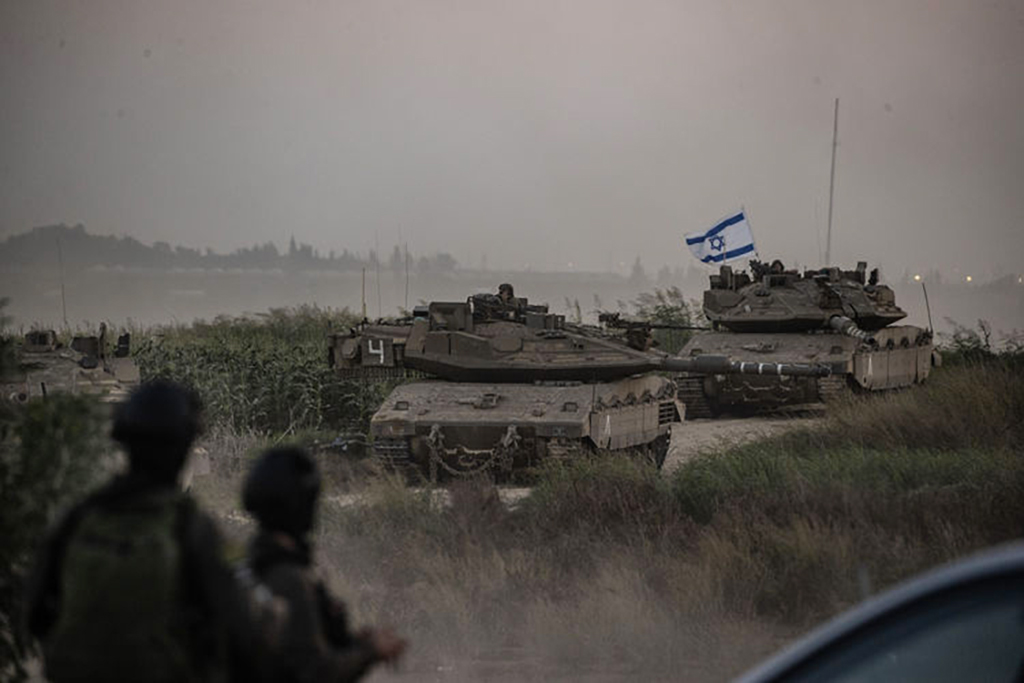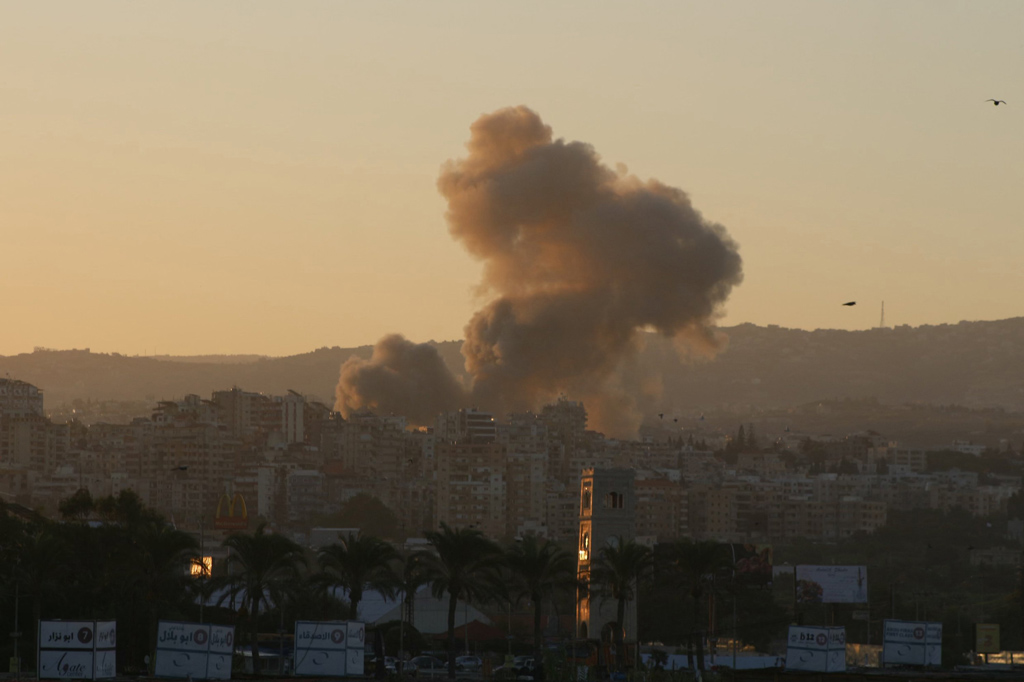The Turkish general elections are set to take place this Sunday. If there is no major disruption at the last moment, we should expect a “normal” election. But can Turkish politics normalize after the stakes have been raised to almost irrational levels?
Unlike other national elections in recent memory, this election has become a battleground for the soul of Turkey. To make their point political parties keep talking about a final countdown, a reckoning of almost cosmic proportions, a moment of truth, a confrontation on a global scale and a matter of life and death for Turkey. There is an abundance of traitors, agents, political sellouts, allies of enemies, stooges, etc. Political actors respond to the hot climate of their rallies and their large audiences. They agitate the crowds and are agitated by them. They act as if July 23 won’t come and behave as if they won’t face other political parties as well as their constituency after July 22.
In promises for the new term, a similar state of irresponsibility dominates the political scene. They talk about making diesel YTL 1 and some promise to enter northern Iraq on the morning of July 23. One of their ideologues openly declares that this would be an operation not against the Kurdistan Workers’ Party (PKK) but against Massoud Barzani. Some claim to redefine (whatever that means) Turkey’s strategic relationship with the US and ask for a “period of contemplation” with the EU process. Still, some promise to discontinue the Student Selection Examination (ÖSS) without explaining how they will accept students into universities. In fact they do all of this without explaining how any of these promises will be delivered.
The list goes on. One of the worst moves was a party’s full-page ad in national newspapers showing the number of martyrs killed by the PKK in the first half of 2006. The party’s goal, I suppose, was to attack the ruling party on its record fighting terrorism. But it sounds like that party would be happier if the number of deaths was higher. What a horrid way to grab few more votes.
The problem with all of these actions is that they bring Turkish politics and society to a point of no return. Extremism rather than mainstream discourse shapes election campaigns. Everything is cast in black-and-white and a blind ideology of either/or is presented to the crowds in the hope of winning their votes. Extreme measures have never been so elusive as to appear under the guise of “normal” policies.
An extremely disturbing result of this whole campaign is the deepening of xenophobia in Turkish society. Expressing dislike for foreigners is becoming a staple of nationalism and patriotism. It started with foreign capital; now it’s spreading to foreign media and foreigners living in Turkey. Political actors share a big responsibility in the spread of this disease. What happened to our sense of coexistence, respecting the other and embracing your neighbor regardless of their identity, ethnicity, religion or nationality?
While the neo-nationalists (our “neocon pretenders”) boast of the Ottoman Empire’s ability to have various religious and ethnic communities live side by side, they incite a deep sense of xenophobia in modern day Turkey. The Republican People’s Party (CHP) and Nationalist Movement Party (MHP) appear to play right into the hands of this politics of fear.
This irrational attitude is not only negated by the realities of globalization but also by Turkey’s cultural traditions. Even during our War of Independence we did not have such a widespread sense of mistrust toward foreigners living in our midst. It looks like we want to have absolute control over how foreign companies run their business in Turkey while also desiring Turkish capital to go beyond national borders and find success without restrictions. What kind of a contradiction is this?
With everything standing precariously on an edge, can things return








